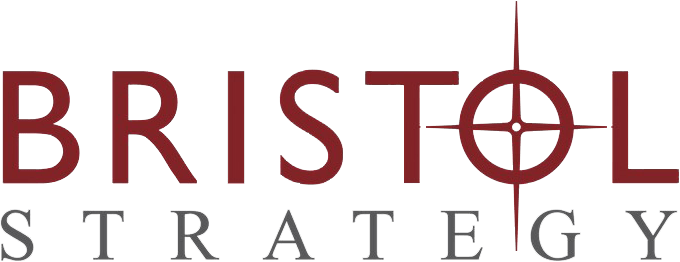We’ve been running our Leaky Bucket Assessment of Fundraising Effectiveness for about a year now, and to our surprise, only a tiny fraction – 3% – of respondents to date have scored at the “Watertight” level. Only a teeny-tiny minority of nonprofit organizations are truly efficient and effective in their fundraising practices, at least in terms of the nine practices measured in the Leaky Bucket. Recently, I had the pleasure of meeting the CEO of one of those “Watertight” agencies, and got a taste of what it’s like in a nonprofit with effective development practices.
The agency is 211 Broward County (think Ft. Lauderdale). The “211” agencies all provide key hot-line operations like suicide prevention and other urgent social services. I already knew their director of development, the talented and formidable Laurie Salarullo, but it wasn’t until I met with Sheila Smith, CEO, that I saw the impact of good fundraising practices on an agency’s daily operations. Here are four of the lessons they’ve shown me. They suggest that if your fundraising efforts are not well-tuned, it hurts more than you may realize.
Lesson #1: Investing in effective fund development has a far-reaching impact. When we work with nonprofits whose fundraising efforts are in trouble, we often find that they just haven’t spent enough on fundraising. They don’t have enough people doing fundraising or marketing tasks. They hire staff for low wages, with little experience, training or credentials. They lack or misuse the technology that would help them improve efficiencies. They don’t assign metrics, gather meaningful reports, or devote enough time to analyze and improve. The result? Executives are anxious about the future; boards are hypercritical of the executives; staff members worry about where their next paycheck is coming from; worst of all client outcomes suffer.
Do you think your nonprofit invests enough in fund development?
Lesson #2: When you fund the operation properly, staff and clients thrive. “211” operations run three shifts, 24/7/365, handling the most painful, stressful calls imaginable. The call-center counselors don’t just answer the phone; they give immediate psychological and practical support, often keeping people alive. You’d think that turnover would be high, but not at 211 Broward. This staff is committed to the mission and given great working conditions, advancement opportunities and considerable respect. Clients who call for service are always treated appropriately and given the lifelines they need; the community benefits from lives saved and disasters averted. Call-center staff don’t have to waste their energy on internal frustrations and anxieties. Neither does the executive team.
Can you say the same about your nonprofit?
Lesson #3: Predictable, consistent income makes it easier to build capacity. 211 agencies may have received a lot of money in the past from their state, county or municipal governments, but that money is evaporating. 211 Broward has diversified its funding streams to reduce pressure on declining government funds, and to find untapped sources to fill the gap. These days, fund development efforts can focus on innovation and capacity enhancements, not simply sheer survival. Their fundraising “machine” is well oiled and produces sustainable levels of income. As a result, the entire organization can look toward the future, expanding carrying capacity and creating innovation; they know their “base” is covered.
What would it be like if your nonprofit could do the same?
Lesson #4: When the board understands how to govern, the agency raises more money more easily. The board of 211 Broward took it upon themselves to learn about their governance obligations. As a result of their training, they decided to (a) shake up board membership to bring on a more functional mix of skills and talents, (b) guide the agency toward a more ambitious future, looking at strategic, big-picture issues, and (c) take a major interest in raising enough income to achieve the mission and go beyond it. They hold the CEO accountable, but don’t micro-manage. Instead, they challenge the CEO by asking “are we spending enough money?” and “could we do more and better?” This board is willing to contribute their own gifts and participate in peer solicitation, but their interest and ability to act as stewards of the agency’s future is even more impactful.
Would you like to see a similar picture at your nonprofit board?
For most of us, when income is insufficient or inconsistent, it’s easy to focus on the wrong stuff. “Just get the money,” we think; “we’ll worry about the high-minded stuff later.” Well, the folks at 211 Broward went the other way first. They decided to concentrate on the high-minded stuff first – great governance, great planning, attention to funding diversification, willingness to innovate. And look at what they have achieved.
Please get to know 211 Broward. Click here to visit their website and learn more about them.

